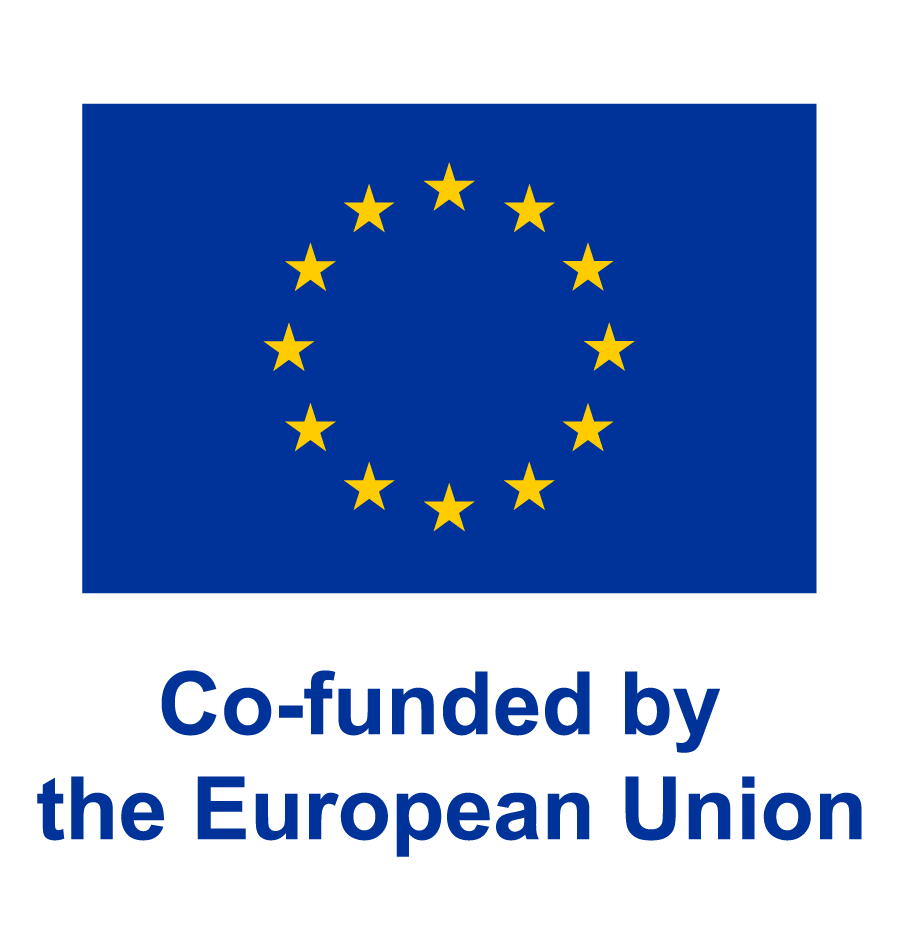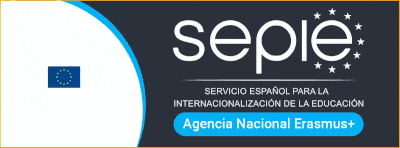This website use cookies to ensure you get the best experience on our website

P.IR.A.M.iD
2023-1-ES01-KA220-VET-000157060
French Management Style : Creativity and Constructive Conflict
09 June 2025

Introduction
In the world of global business, leadership styles vary enormously from one culture to another. France stands out with a unique approach that combines intellectual rigor, rhetorical agility, and an appetite for debate. According to Richard D. Lewis in When Cultures Collide, French management is based on a long-standing tradition of analytical thought, where disagreement is not only tolerated but often encouraged as a tool for progress.
1. A Culture of Logical Confrontation
"The French language is crisp and incisive, a kind of verbal dance or gymnastics of the mouth, which presses home its points with an undisguised, logical urgency. It is rational, precise, ruthless in its clarity."
Richard D. Lewis, When Cultures Collide
This observation reflects a deep characteristic of French communication, particularly in professional settings: argument is considered an art form. French managers often expect their team members to challenge ideas, propose alternatives, and engage in dialectical reasoning to refine strategy or decision-making.
2. Philosophy in the Boardroom
This management style is rooted in the heritage of Cartesian logic and the French education system, which encourages the cultivation of ideas and the sharpening of critical thinking. The influence of philosophers such as Descartes, Voltaire, and Sartre permeates corporate life. Meetings in French companies often resemble lively intellectual salons, where ideas are dissected, deconstructed, and rebuilt not necessarily to reach consensus, but to explore complexity.
3. Debate as a Mark of Respect
Contrary to certain cultures (Japanese or Scandinavian, for example) where open disagreement is seen as disruptive or impolite, in France, disagreeing with a superior is not automatically viewed as disrespectful. On the contrary, challenging a proposal is often interpreted as a sign of engagement and professional seriousness.
This constructive tension generates innovation and prevents groupthink. It is not conflict for the sake of conflict, but a method of refining ideas and arriving at better decisions through confrontation.
4. Managerial Impacts: Leadership by Vision
French leaders tend to emphasize the importance of strategic vision and the elegance of the solution over purely pragmatic execution. They may appear more conceptual and less hands-on than Anglo-Saxon counterparts, delegating execution but retaining intellectual control of the decision.
This style can surprise foreign collaborators, particularly those accustomed to flatter hierarchies or more consensus-driven cultures.
5. International Misunderstandings
A German or Dutch team might perceive a French manager as disorganized due to a more fluid structure and open-ended debates. An American might interpret intellectual sparring as unnecessary complexity or even confrontation. These misunderstandings can be avoided by recognizing the underlying cultural value : in France, debate is not a threat it is an expression of vitality.
Conclusion
Understanding the French management style means embracing a culture where ideas matter as much as execution, and where debate is a vital sign of engagement. Richard D. Lewis helps us see that intellectual confrontation, far from being a source of conflict, is a path toward innovation, cohesion, and excellence when used with mutual respect and a shared goal.

This project has been funded with support from the European Commission.
This publication reflects the views only of the authors, and the Commission cannot be held responsible for any use which may be made of the information contained therein.
